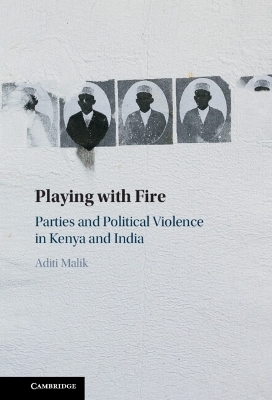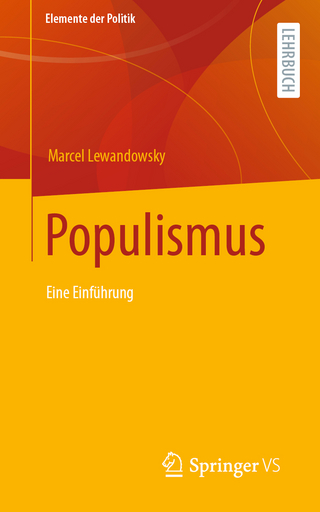
Playing with Fire
Cambridge University Press (Verlag)
978-1-009-44423-1 (ISBN)
Drawing on a rare cross-regional comparison of Kenya and India, Playing with Fire develops a novel explanation about ethnic party violence. Combining rich historical, qualitative, and quantitative data, the book demonstrates how levels of party instability can crucially inform the decisions of political elites to organize or support violence. Centrally, it shows that settings marked by unstable parties are more vulnerable to experiencing recurring and major episodes of party violence than those populated by durable parties. This is because transient parties enable politicians to disregard voters' future negative reactions to conflict. By contrast, stable party organizations compel politicians to take such costs into account, thereby dampening the potential for recurring and severe party violence. By centering political parties as key actors in the production of conflict, and bringing together evidence from both Africa and South Asia, Playing with Fire contributes new insights to the study of political violence.
Aditi Malik is an Associate Professor in the Department of Political Science at The College of the Holy Cross. She studies political and gender-based violence, political parties, social movements and contentious politics, and ethnic and gender politics with regional specializations in Africa and South Asia. Malik has conducted fieldwork on these topics in Kenya, Rwanda, South Africa, Cambodia, India, and Nepal.
List of Figures; List of Tables; List of Abbreviations; Acknowledgements; 1. Parties and political violence; 2. A theory of party instability and political violence; 3. The development of divergent parties and party systems in Kenya and India; 4. Party instability and political violence in Kenya; 5. Party fragility and subnational patterns of violence in Kenya's rift valley and coast regions; 6. Party stabilization, declining riot violence, and new modalities of political conflict in India; 7. Party politics and subnational trajectories of riot violence in India's Hyderabad and Meerut cities; 8. Party instability and political violence: comparative insights from Ghana and Turkey; 9. Conclusion; Appendix A. National and subnational correlations between replacement volatility and alternative measures of party instability; Appendix B. Elite interviews; Appendix C. The development of civil society in Kenya and India; References; Datasets.
| Erscheinungsdatum | 01.08.2024 |
|---|---|
| Zusatzinfo | Worked examples or Exercises |
| Verlagsort | Cambridge |
| Sprache | englisch |
| Maße | 152 x 229 mm |
| Gewicht | 617 g |
| Themenwelt | Sozialwissenschaften ► Politik / Verwaltung ► Vergleichende Politikwissenschaften |
| ISBN-10 | 1-009-44423-9 / 1009444239 |
| ISBN-13 | 978-1-009-44423-1 / 9781009444231 |
| Zustand | Neuware |
| Haben Sie eine Frage zum Produkt? |
aus dem Bereich


